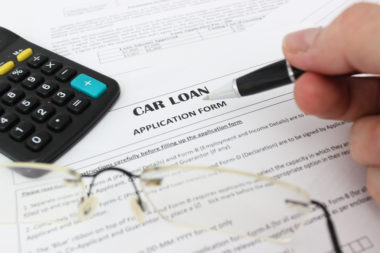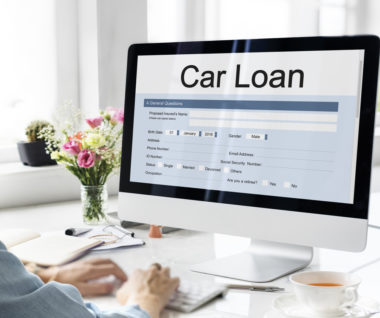Student loan debt has become the second highest consumer debt category in the United States — an epidemic which is only slightly surpassed by mortgage debt. Collectively, there are more than 44 million borrowers in the United States, owing more than $1.5 trillion in student loans. On average, individual students owe nearly $40,000.
The student loan crisis is one that leaves many potential borrowers wondering if they should take out student loans in the first place. Perhaps more importantly, students might be wondering what they are able to use their student loan money to fund.
Table of Contents
Buying a Car with Student Loan Money
Student loans give college students the opportunity to pay for their post-secondary education and associated fees, including tuition, books, supplies, and living expenses. Student loans also cover transportation costs to and from school, leaving many students to wonder if they can use their student loans to purchase a vehicle.
It’s not hard to see why students might be tempted to purchase a car with their financial aid payout. After all, student loan disbursements can often come in large lump sums that make for an excellent down payment. Some loan disbursements can even cover the cost of a used car.
If you live off campus, work full time, or have children to attend to while attending college, the temptation to purchase a vehicle with these funds might be even more present, especially since you won’t have to begin making payments until you’re out of school.
But is purchasing a car with student loan disbursements a good investment?
Why You Shouldn’t Buy a Car with Student Loan Money
The short answer to that question is: “no.” In fact, the government strongly advises against it. According to Studentloans.gov, you should only spend federal student aid money on the following:
- Tuition, institutional fees, and equipment
- Room and board
- Books, supplies, transportation (excluding car purchase), and miscellaneous personal expenses
- Dependent child care expenses
- Loan fees
- Other documented, authorized costs
That said, it’s highly unlikely you’ll get in trouble should you choose to purchase a car with your student loan disbursement. As we’ve mentioned in previous pieces, once your tuition is paid, the remaining balance is given to you to cover any and all school related expenses. Unless you’re committing outright fraud, it’s highly unlikely that you’ll ever be penalized for your student loan spending.
Use Car Loans, Not Student Loans
Should you need to purchase a vehicle while attending college, student loans are probably not the way to go. If financing is your only option, it’s best to obtain a car loan rather than using your student loans to fund your purchase. Car loans typically have much lower interest rates, and the terms of the loan will be much shorter.
Though it may be tempting to avoid monthly payments for the time that you’re in college, it’s important to remember that interest will accrue during that time. By the time you graduate or leave college, your car will have lost much of its resale value, and you’ll have only just begun paying for the vehicle at a higher cost than what it was originally worth.
If you find yourself struggling to afford car payments during the time you’re in college, making car payments with your student loans may be unavoidable. However, if you can avoid it, don’t take out a lump sum from your student loan disbursement to pay for a vehicle in cash. Instead, set a strict budget for yourself that includes all of the necessary expenses that you plan on covering with your student loans.
Remember that when you purchase a car with student loan money, you’re actually borrowing already borrowed money to pay for your vehicle. Eventually that money will have to be paid back.
Alternative Transportation Options
In most cases, there are alternatives available for those who need reliable transportation to school, but don’t want to take out additional loans to cover those costs.
Public Transportation
Public transportation is widely available in cities across the country and can include buses, light rail, and commuter rails that make going from here to there a breeze–especially if you live in a larger city or college town. Prices are typically more than reasonable, and some college offer free passes as part of your tuition and fees.
Ride Sharing
Companies like Uber and Lyft and Car2Go offer ride sharing services that allow passengers to request rides at the click of a button, but those aren’t the only options available. Many cities also have bicycles and scooters available that are economically viable.
Carpooling
If you commute in to school for your courses, it’s likely that some of your classmates are doing the same. It may be worth it to consider carpooling with some of your peers.
Online Courses
Now more than ever, online courses have become widely available, and they’re not just for busy professionals. If you have a hard time getting to and from the physical campus, look into which courses your university offers in an online platform.
Image Source: https://depositphotos.com/





